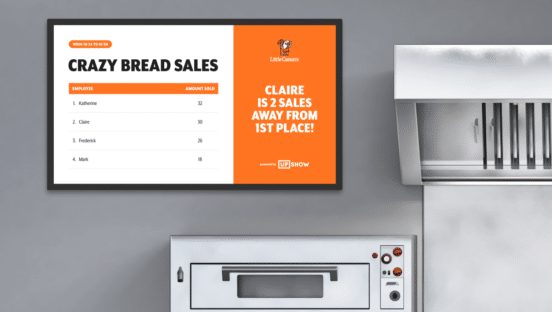The shift to new modes of doing business during the pandemic added technological complexities for the average restaurant business. These complexities accelerated the need for network connectivity and security in order to ensure operations are running smoothly.
“Online ordering isn’t a new technology for restaurants, but the pandemic took it from a nice thing to have to something that was suddenly necessary,” says Jason Graf, vice president of product management with Netsurion. “Before if you had a restaurant with connectivity issues, maybe it didn’t gain much attention. But the pandemic changed that. With so much reliance on digital ordering channels, brands can no longer afford to have stores offline and guests dissatisfied.”
A wavering internet connection might be costing brands dozens of transactions per day, and thousands of dollars per year, but it’s not always clear to operators, and especially c-suite executives, when internet dropouts have become a pattern. If orders aren’t coming through and the issues aren’t tracked, identifying which stores are having repeated network issues requires a fresh look at network management.
Many brands are finding that monitoring network connectivity and security is a job best left to experts that specialize in the field. Netsurion, for example, has helped manage the network resiliency and security of quick-service brands for over 10 years, long before the pandemic. One of the key services Netsurion provides is automatic cellular failover, which provides a backup solution for a business’s primary Internet service. Cellular backup ensures transactions go through even if internet connectivity is temporarily down. But the company also monitors a restaurant brand’s system-wide network activity to spot any patterns of connectivity failure that might be preventing online orders from entering the POS system. The term for this is network visibility, and the idea is to catch the problems in real time so that they can be addressed in real time.
“Before, if you were losing 5 to 10 percent of your online ordering transactions, you might not even notice,” Graf says. “Now that might be 30 orders a day, which adds up over time. With the proper visibility, we’re able to help our clients keep it limited to one-off issues that happen every now and again. And if there are repeated problems we are able to consult with our customers to identify root causes and help solve them.”
Investing in network efficiency and security is a debate that for some brands comes down to cost effectiveness. The dependence on digital ordering channels means high-speed internet is an integral part of any operation and a key to achieving maximum profitability. In other words, now’s the time to invest, says Graf.
“Every operator knows this is a bottom line business, and every dollar is counted,” Graf says. “As a service provider for businesses, this is one of those things we always have to help clients balance—are we giving them value, are we helping them make money? I think it’s clear that we are, as reliable internet is now the very lifeblood of a restaurant business.”
For more information on ensuring your online orders are running efficiently, visit the Netsurion website.













